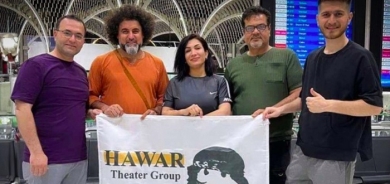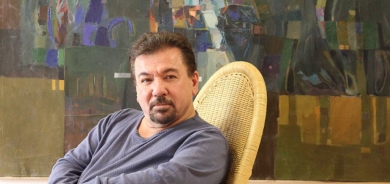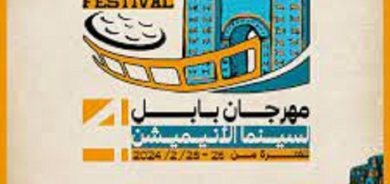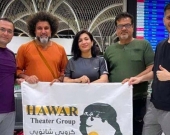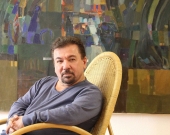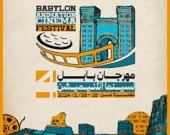Kurdish film closes Labor Movie Fest

Bûka Baranê, Kurdish for the “bride of rain,” a phrase used to refer to rainbows, is the name of a documentary featuring the testimonials of 10 locals from Yüksekova, reminiscing about their memories of being children in a region strained by conflict, namely the village of Befircan/Karlı in Yüksekova of Hakkari province.
A film screening was held at CerModern during the closing ceremony of the eighth International Labor Film Festival on May 8, with the attendance of the film director, Dilek Gökçin, and writer, İrfan Aktan.
The film starts with a photograph of a group of primary school children in 1989 and traces the inklings of conflict in their life stories. This is a film with a mission for peace and enhancing the level of understanding within society.
“For years, for 30 years, we have learned whatever the state has said in the mainstream media. The intention in shooting this film was to convey the truth to the people on the western side of the Fırat [Euphrates River],” Gökçin said in an interview with the Hürriyet Daily News.
The film is a subtle outcry yearning to enhance awareness of the sufferings of the people in Yüksekova.
As Gökçin put it, “Of course we are trying to raise awareness. One is afraid of the unknown. When they know what happened there, they will understand and they will see that the reality is something else, therefore they will empathize.”
‘Timing was coincidental’
Following the recent efforts initiated by the government regarding the peace process, the film is coming under the spotlight due to its timing. Yet Gökçin noted that the timing of the film was merely coincidental. “When we shot this film, as you know, a big war had started on July 22 [2012] in Şemdinli; there were clashes,” Gökçin said, blaming the delayed screenings on the lengthy period of post-production.
Naturally, shooting a film that testifies to such personal sufferings of people in an area ridden by conflict has its strings attached. Gökçin mentions the hardships they confronted in making this film a reality, starting with persuading the people to talk about their experiences, alongside operational difficulties. “For instance, we could not find a team to take there, nobody wanted to come. We had a team, but they said there is a war there, we will not come,” she said. “We also thought whether we would be imprisoned on KCK [Kurdistan Communities Union] allegations.”
The film touches upon delicate issues concerning the system of village guardship, emergency rule, repression of identity, and friends and relatives killed or missing. Detention, oppression and torture plaguing the era have repercussions in the village, as captured in the childhood memories of villagers.
As one of the then little children of Yüksekova puts it in the film, “We are alive by pure chance.”
The documentary is an initiative of the one-year-old Hafıza Merkezi – Center for Truth, Justice and Memory; a civil society organization (CSO) intending to confront human rights violations of the past to attain social peace and democracy. “Hafıza Merkezi is a civil society organization that inquires into human rights violations committed in the past, founded with the aim of revealing the truth and
conducting judicial monitoring of them,” Gökçin said.
Yet, the children in that photograph taken 23 years ago remain strong. Gökçin said the title was a subtle metaphor for the locals’ resilient hope for peace, “The rainbow that appears after the rain.” “We have always had hope.”
Hope persists, and the longing for peace survives without a scratch.
Nisan Su Aras ANKARA - Hürriyet Daily News




